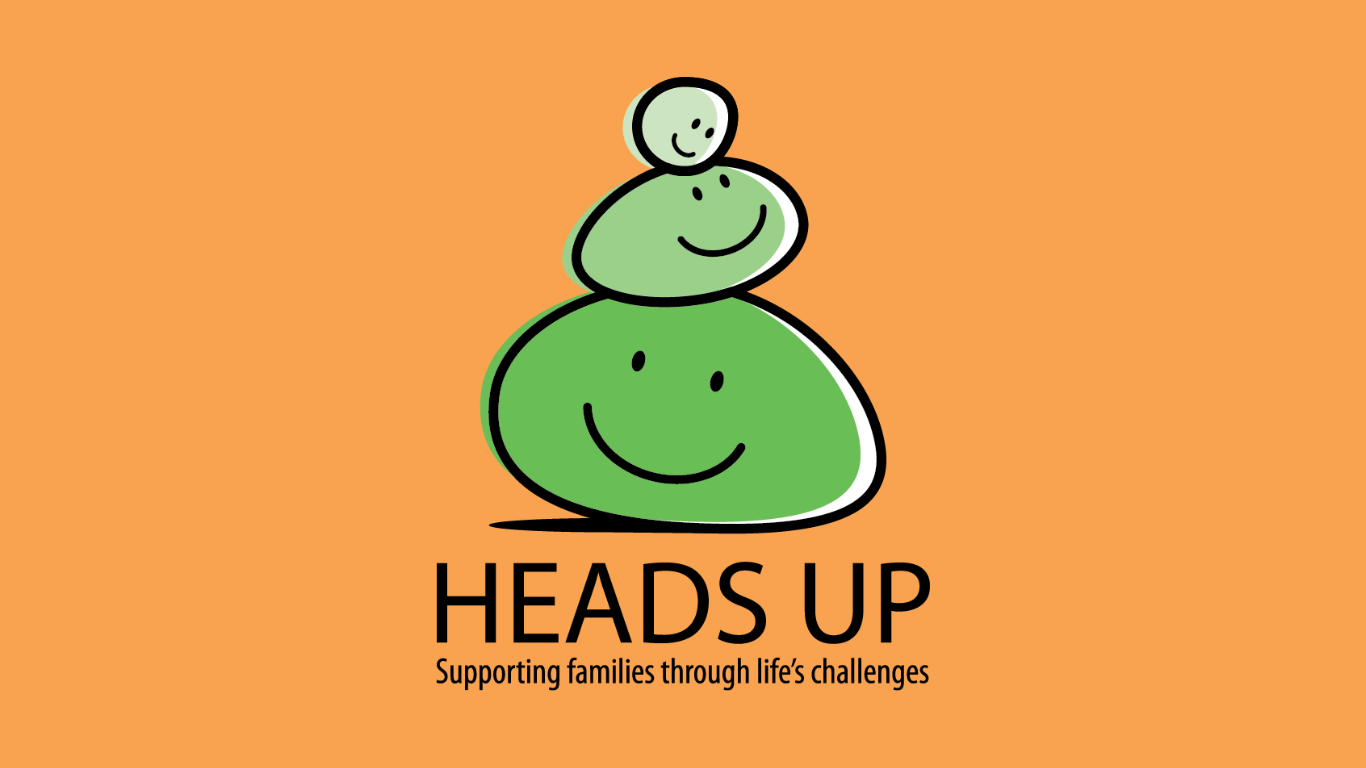|
4/28/2021 0 Comments Thinking TrapsBy Stacey Chambers, CFF Project Manager Ever spent time obsessing over things, worrying about what others think of us or worrying about the ‘what ifs’? If so, like many people, you may be falling into negative thinking traps. Cognitive distortions (thinking traps) hijack our brains and convince us that something bad is happening, that everything is negative etc. when in reality it’s just not true. Often when we are struggling with stress, anxiety and/or worry we can spiral into negative thoughts that can then reinforce negative thinking patterns and as a result escalate feelings of stress and anxiety. The good news is - we can overcome these thinking traps! So how do we do this? We can overcome thinking traps by learning to recognise them when they happen, acknowledge them and challenge those negative thoughts with positive thoughts. We know these negative thoughts are irrational and the more we challenge them over time, our brains will automatically replace them with more rational, balanced thinking. To help identify some thinking traps that occur when anxious and stressed I have listed the main four thinking traps we look at within some of our programmes for Young People.
Negative Glasses This trap happens when we only ever see are the negatives and never look for any positives. The problem with this is that we are only never focussing on the bad things, which will bring our mood down and escalate anxious feelings. We need to learn to stop and remove our negative glasses and also see all the good things that we have going on in our lives. Mind Reading This trap happens when we believe that we know exactly what everyone is thinking and assuming that people are thinking the worst. The problem is, we don’t know what anyone is thinking as we can’t read minds. When feeling stressed and anxious then this thinking trap can be heightened and we start to believe that other people have negative thoughts about us, what we look like, how we behave etc. this will then naturally make us pull away from people and isolate ourselves further. Positives Don’t Count Similar to the negative glasses thinking trap, we often pay more attention to the bad stuff, resulting in us viewing situations as negative. So in our minds, everything is negative. If someone was to say nine positive things to us and one negative, this trap will often mean we only focus on that one negative and forget about the nine positive statements that were given to us. This stops us looking at all aspects of a situation for a more balanced conclusion. Blown Up This last trap involves us imaging the worst thing has happened and therefore we predict that we can’t cope with it when in reality the worst case scenario rarely happens and if it did we would probably still be able to cope. For example, if someone we loved was late home one day, this trap will make us believes that something awful has happened to that person on the way home. Our catastrophizing thoughts lead us to believe that the worst thing possible has happen, this will then escalate our negative thoughts and overthinking. As a result will increase worry and stress. When in reality it maybe that they are running late, stopped off at the shops or met a friend on the way home. Although most of us can fall into these thinking traps occasionally, for those people suffering from anxiety or low mood there is a higher risk of them experiencing several of these thinking traps as one time, for a long period of time, which will increase mental ill health. Managing anxiety is not easy but identifying and controlling our thinking traps is a great step to start to understand our thought patterns. Next time you’re feeling anxious try and stop, take a breath and think about what thinking trap you’re falling into and then acknowledge that negative thought, challenge it and turn it into a positive! You will then reduce your anxiety levels and start to think more rationally. Good Luck!! And if you need more help, then we are here for you. Take a look at our programme page here.
0 Comments
Leave a Reply. |
AuthorCFF Archives
October 2023
Categories |


 RSS Feed
RSS Feed